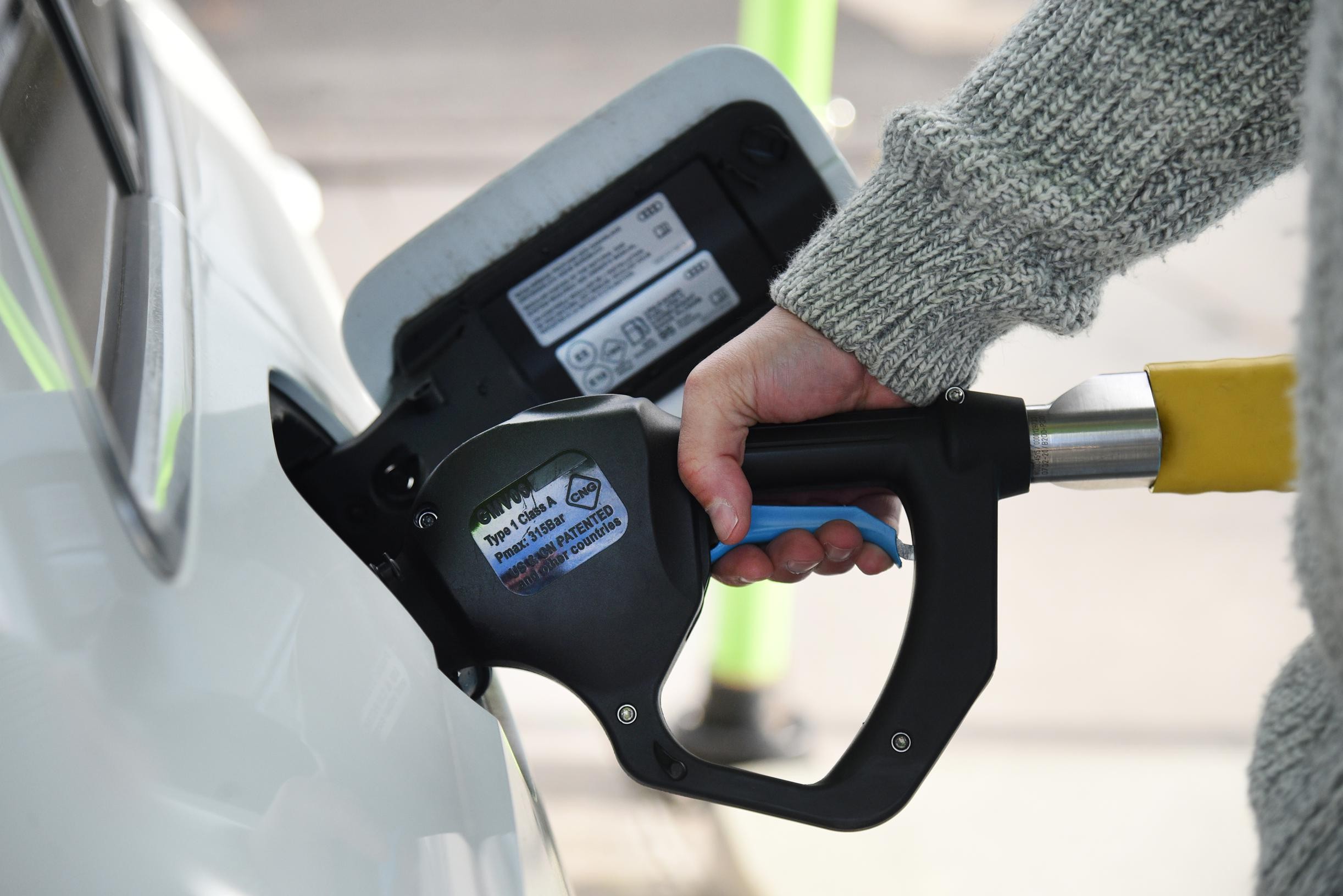theme image — © MARC HERREMANS – MEDIA HOUSE
–
The continued rise in fuel prices has slowed down. On Saturday, the maximum prices of petrol and diesel at the pump will fall for the first time since the end of August. Over the past period, fuel prices have reached record highs.
–
jvhSource: BELGIAN
—
From tomorrow/Saturday, consumers will pay a maximum of 1,733 euros for a liter of petrol 95 (E10), or 2.1 euro cents less than before, reports the Federal Public Service Economy. This is the first drop since August 24, according to data on the website of Energia, the former Petroleum Federation.
The maximum price of petrol 98 (E5) also falls: minus 2 cents to 1,814 euros. Again, it was August 24 since the price registered a decline. The diesel price is also lower. A liter of diesel (B7) will cost a maximum of 1,725 euros on Saturday after a decrease of 2.9 euro cents. This is the first drop since August 21.
The price drop is welcome for many drivers. The diesel price had risen to 1,7540 euros on Wednesday, the highest level ever. Super 95 (E10) had gone through the roof on Thursday with a record price of 1,754 euros. In 2012, even more was paid for petrol, but then it was the old 95 (E5), which contains less biofuel. These price decreases are the result of fluctuations in the quotations of the oil products and/or the biocomponents in those fuels on the international markets.
Government intervention
On Thursday, Minister of Economy Vincent Van Peteghem (CD&V) pleaded in the House for the temporary reintroduction of the ‘reverse cliquet’, which can somewhat cap the price increases of petrol and diesel. “We certainly hope that market prices will normalize soon, but we cannot leave our families to their own devices in the meantime,” it said.
In a reverse cliquet system, excise duties fall when maximum prices reach a certain level. If prices at the pump fall, excise duties will rise again at a certain point. The reverse cliquet was first applied in 2005. After that, the measure was extinguished and reintroduced several times, the last time only for diesel by the Michel government from late 2015 to 2018.
— .

